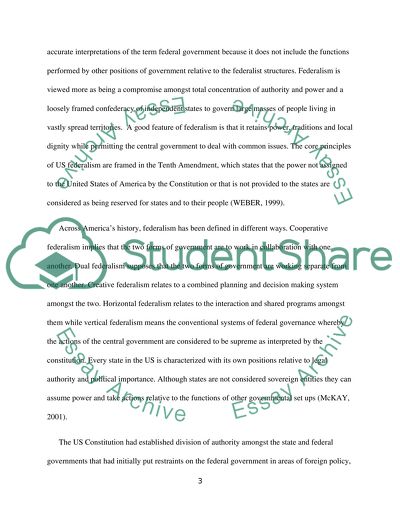Cite this document
(“Can the U.S. Government Still Be Regarded as a Federal System of Essay”, n.d.)
Retrieved from https://studentshare.org/politics/1394762-can-the-us-government-still-be-regarded-as-a-federal-system-of-government
Retrieved from https://studentshare.org/politics/1394762-can-the-us-government-still-be-regarded-as-a-federal-system-of-government
(Can the U.S. Government Still Be Regarded As a Federal System of Essay)
https://studentshare.org/politics/1394762-can-the-us-government-still-be-regarded-as-a-federal-system-of-government.
https://studentshare.org/politics/1394762-can-the-us-government-still-be-regarded-as-a-federal-system-of-government.
“Can the U.S. Government Still Be Regarded As a Federal System of Essay”, n.d. https://studentshare.org/politics/1394762-can-the-us-government-still-be-regarded-as-a-federal-system-of-government.


